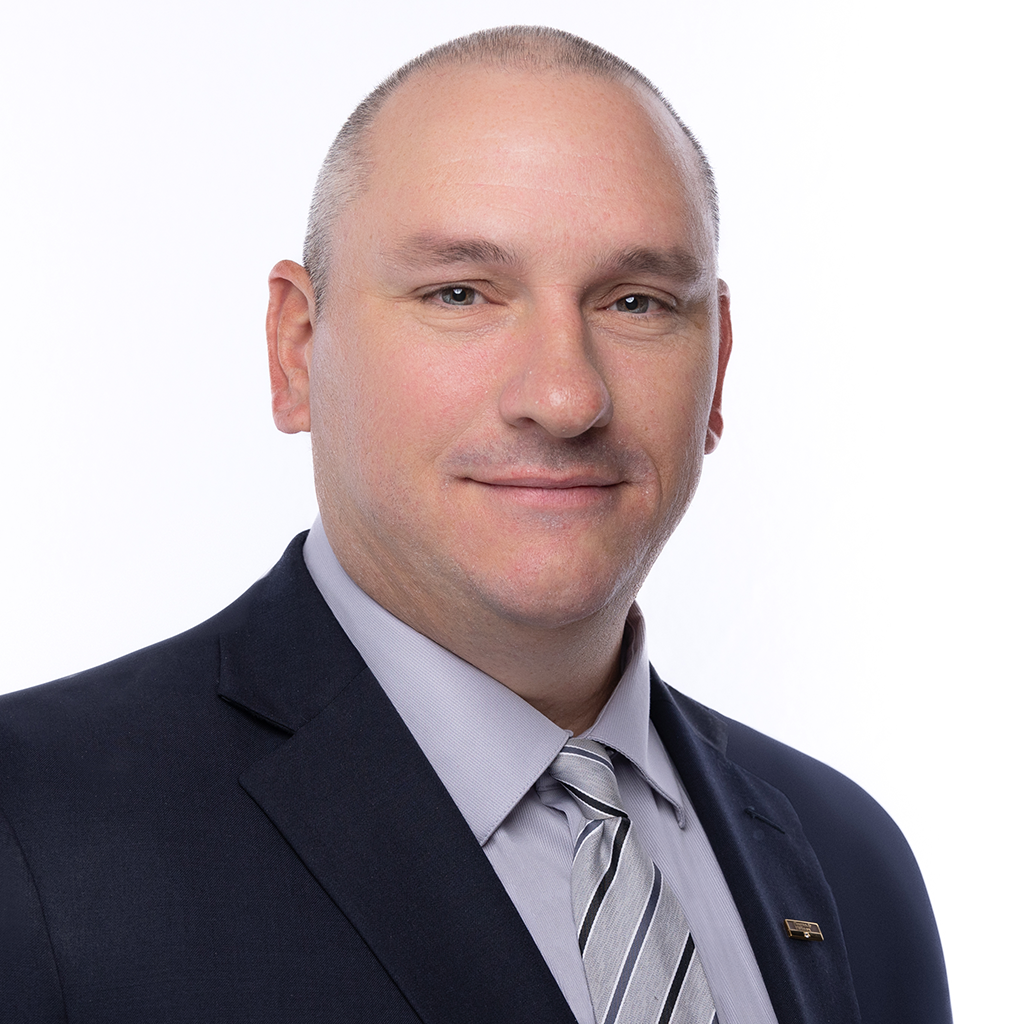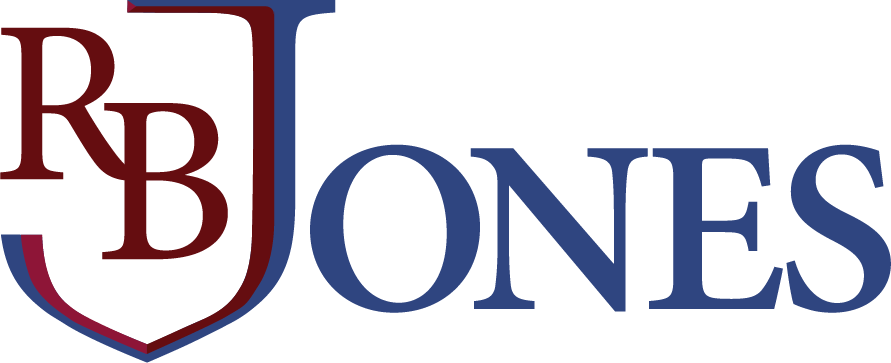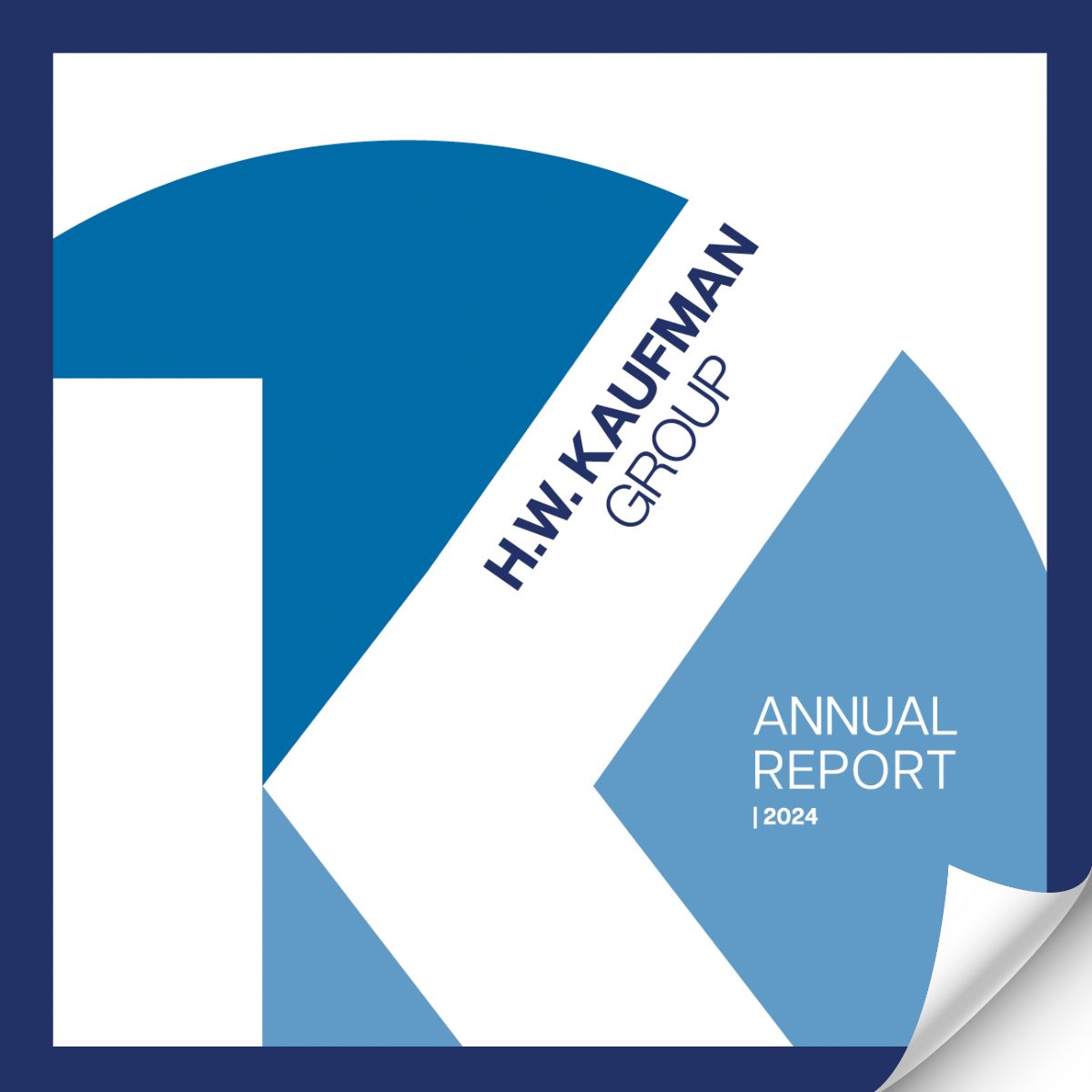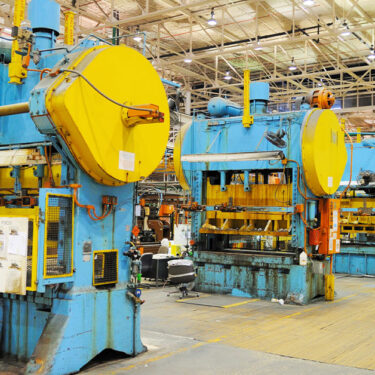Inside This Article:
- Nearly 3.85 million BowFlex adjustable dumbbells are being recalled after reports that the weight plates can detach during use, causing injuries.
- Of the 337 incident reports, at least 111 injuries have occurred, including concussions, broken toes, and contusions, according to the Consumer Product Safety Commission. ‘
- The recall could trigger product liability claims against Johnson Health Tech Trading, owner of the BowFlex brand, which could be covered by Product Liability Insurance.
- As claim costs increase, businesses that manufacture, distribute, or sell certain products may face increased scrutiny from insurers.
- Such claims can be devastating to a company, especially a smaller operator.
More than 3.8 million BowFlex adjustable dumbbells have been recalled after hundreds of reports of the weight plates detaching during use, causing injuries. The recall affects the BowFlex 552 52.5-pound and 1090 90-pound models, which were sold nationwide, PennLive recently reported. According to the U.S. Consumer Product Safety Commission, the plates can unexpectedly separate from the handle, posing a serious risk.
Manufacturer Johnson Health Tech Trading of Wisconsin has received 337 incident reports, including 111 injuries such as concussions, broken toes, contusions, and abrasions. Customers are advised to stop using the dumbbells immediately and to contact the company for a refund and a free one-year digital fitness membership.
The recall is “not overly surprising,” said Saad Ali, Associate Broking Commercial Manager, Commercial Insurance, Ontario Division, Burns & Wilcox, Ottawa, Ontario. “These types of claims are becoming more common given the shifts in both consumer expectations and awareness and the broader regulatory landscape.”
In addition to the costs associated with recalling the dumbbells, which can be covered by Product Recall Insurance, a manufacturer’s Product Liability Insurance can respond to legal claims against the company related to customer injuries, including attorney fees, medical expenses, settlements, and more. At least one BowFlex buyer has already filed a lawsuit, according to Law360.
“This is a brand with huge name recognition and their products are popular and expected to be safe. Once there are multiple reports of incidents like this, it is definitely a call to action,” said Will Berarducci, Senior Underwriter, Commercial Insurance, Burns & Wilcox, Pittsburgh, Pennsylvania. “This could be very costly to the company, and that is exactly what Product Liability Insurance can help with.”

This [recall] could be very costly to the company, and that is exactly what Product Liability Insurance can help with.
Class-action lawsuit likely
Lawsuits involving recalled products — and even those that have not been recalled — are on the rise, according to a May article in In Compliance Magazine. This includes a recent trend in class-action lawsuits in which consumers allege manufacturers provided inadequate remedies to product issues, resulting in economic losses to the consumer, the publication reported.
Class-action settlement amounts have also escalated in recent years, according to corporate defense firm Duane Morris’ 2025 Class Action Review. In 2024, 10 class-action lawsuits settled for $1 billion or more, and the top class-action settlements totaled more than $40 billion for the third year in a row, the report noted.
The recent dumbbell recall is likely to lead to a class-action lawsuit due to the number of incident reports and customers injured, Berarducci said. Manufacturers, distributors, and retailers may all be named in these lawsuits, meaning each entity should carry its own Product Liability Insurance.
“They may be named in the lawsuit but not ultimately share responsibility,” he said. “They will still have to defend themselves until the case is resolved by judgment or dismissal.”
Product Liability Insurance is “imperative” for these businesses, Ali explained. “The intent of a Product Liability Insurance policy is to cover the risk associated with a business being held responsible for injuries or damages caused by its products due to potential design defects or manufacturing defects,” he said.
While Commercial General Liability (CGL) Insurance can extend to a company’s completed operations, Ali said, “it is best to consult an insurance professional to review terms, conditions, and wordings, as some CGL Insurance policies could limit or eliminate coverage for product liability claims.”
Financial and reputational consequences
A rise in product recalls has been linked to stronger consumer protection regulations, the globalization of supply chains, and other factors, according to the Insurance Information Institute. Recalls can be “financially devastating” to companies and may even put them out of business, the institute reported.
Technology and evolving consumer expectations are also factors in the increase of product recalls, Ali said. “For manufacturers and distributors, a product recall can cause operational disruptions, not to mention huge financial and reputational consequences,” he said.
Product Recall Insurance would typically help cover expenses such as removing recalled products from stores, disposing of the product, and notifying customers, Ali said. “It can also cover indirect costs including lost sales, legal fees, and reputational damage,” he said, noting that the cost of the dumbbell recall could easily reach millions of dollars.
Recalling a heavy piece of fitness equipment that has been sold widely could be complicated, Berarducci said. “The whole point of Product Recall Insurance is to protect companies from financial loss and bankruptcies resulting from product recalls,” he said. “These can be devastating losses, especially if it is one of the only products you have. This could be something that totally shutters your business.”
When seeking Product Liability Insurance and Product Recall Insurance, companies may be asked about the type of products they offer and any recalls they have faced in the past. Certain products, such as aerospace components and critical parts on automobiles, may be more difficult to insure, Berarducci said.
“A company selling dumbbells would not typically be a difficult risk to place,” he said. “However, once you have a recall claim like this, it can become much tougher. The carrier may very well exclude this product, or they may want to know the specifics of the claim and how it was handled before they will agree to offer insurance.”
Recall risk to manufacturers ‘greater than it ever has been’
When it comes to product liability claims and recalls, “the challenge today is actually greater than it ever has been for manufacturers and distributors,” Berarducci said.

The challenge [of recalls] today is actually greater than it ever has been for manufacturers and distributors. … As the cost of goods and cost of living have gone up, so has the cost of claims.
“Claims have become more and more expensive as the years have gone on,” he said. “As the cost of goods and cost of living have gone up, so have the cost of claims. The impact of a product recall on smaller organizations, especially, is massive.”
Many companies may believe that they are unlikely to face a product liability claim, Ali said. “They think, ‘It will never happen to us,’” he said. “However, product recalls happen almost daily all over the world.”
Retailers that sell defective products can also be held liable, Berarducci pointed out. In some cases, this can be due to how the store responded after receiving reports of injuries.
“If a retailer was notified of injuries and they did not voluntarily remove those items from the shelves, those retailers also have an exposure in addition to the manufacturers and the distributors,” he said. “All of those companies have a shared risk in product liability and they all should have their own Product Liability Insurance.”







